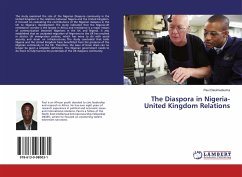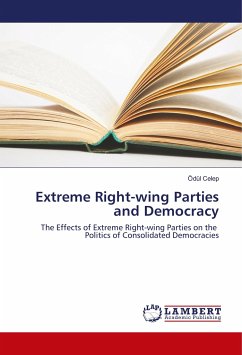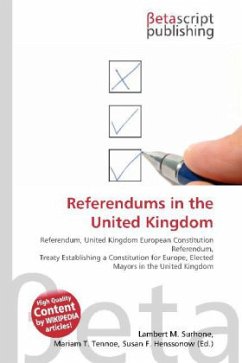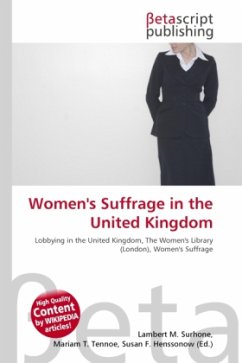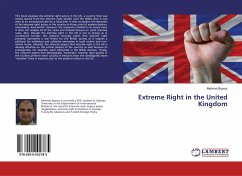
Extreme Right in the United Kingdom
Versandkostenfrei!
Versandfertig in 6-10 Tagen
36,99 €
inkl. MwSt.

PAYBACK Punkte
18 °P sammeln!
This book analyses the extreme right actors in the UK, a country that was mostly spared from the extreme right studies until the 2000s since it was seen as an exceptional case for a long-time. It tries to explore the dynamics of the extreme right actors in the country in three units of analysis (parties, movements, lone-wolfs). However, the research is limited in its scope since it does not analyse all of the cases and instead focuses on some selective cases. Also, though the extreme right in the UK is not as strong as in continental Europe; this research strongly claims that extreme right pri...
This book analyses the extreme right actors in the UK, a country that was mostly spared from the extreme right studies until the 2000s since it was seen as an exceptional case for a long-time. It tries to explore the dynamics of the extreme right actors in the country in three units of analysis (parties, movements, lone-wolfs). However, the research is limited in its scope since it does not analyse all of the cases and instead focuses on some selective cases. Also, though the extreme right in the UK is not as strong as in continental Europe; this research strongly claims that extreme right primarily represents a real threat for the British society as it inspires a platform for individual and collective extremism in both violent and non-violent forms. Likewise, the research argues that extreme right in the UK is already effective on the critical policies of the country as well because its protagonists, for example, were influential in the Brexit decision. Finally, the research asserts that ideologically "moderate" extreme right parties in the country perform more success in elections than the ideologically more "extreme" ones in elections due to the political culture in the UK.



